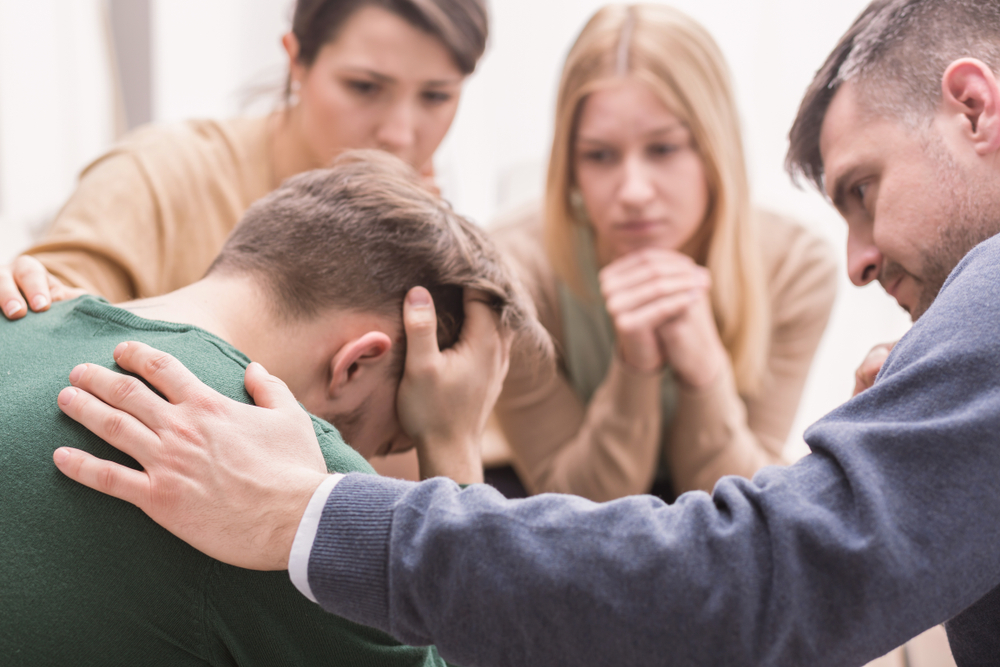When a teen has emotional, psychological, or behavioral problems, the entire family is thrown into turmoil. While it is essential for a troubled teen to get individual therapy, family therapy is also an important part of the healing process. Teens in family therapy, as well as individual therapy, show a higher rate of successful treatment and a lower rate of relapse.
The Benefits of Family Therapy
When you take part in family therapy, it shows your troubled teen that you are committed to their recovery. As you participate, you can observe and be a part of your teen’s progress toward recovery. Family therapy can also help your teen’s therapist develop a complete picture of your family’s dynamics, and not just your teen’s version.
In family therapy, parents gain a better understanding of their teen’s problems and learn better ways to deal with their teen. Often parents disagree on how to respond to their teen’s behavior. A therapist can help you develop strategies for handling conflicts, discipline, and difficult situations with your teen. Parents learn better ways to communicate with their troubled teen and with each other.
Healing the Whole Family
Family therapy sessions are also a safe place for everyone in the family to voice their concerns and work through difficult emotions. Parents can discuss their feelings of frustration, anger, guilt, and fear for their teen’s well-being. Siblings often feel love and concern for their brother or sister, but also resentment because the troubled teen gets so much extra attention.
Therapy helps the family to resolve the conflicts they have with each other and cope with problems the family faces together.They develop a practice of showing acceptance, understanding and support for each other. Everyone in the family can begin to heal from the years of turmoil and discord.
What happens in a therapy session?
During the first family therapy session, parents will be asked to describe the issues their teen deals with and their teen’s troubling behavior. The therapist may ask each family member what changes they would like to see. Not every family member will attend every therapy session. Younger siblings, especially, may be excluded from all but a few meetings.
The therapist acts as a moderator during family therapy sessions to ensure everyone is heard and everyone is treated with respect. Discussions focus on resolving conflicts, not escalating them. Teens can see how their behaviors affect everyone in the family. The therapist models the best way for parents and teens to communicate with each other.
Therapeutic Boarding Schools
If your teen’s issues and behavior have become so severe and disruptive, you may consider placement in a therapeutic boarding school for troubled teens. These facilities offer individual and family therapy, as well as academic programs and recreational activities. Teens live in safe, supervised facilities. Family therapy is usually conducted with a secure online video service. Many schools encourage parents to visit often and participate in therapy while they’re onsite.
Some therapeutic boarding schools in Utah offer comprehensive therapy and academic programs as well as healthy outdoor activities, such as hiking, swimming, kayaking and skiing. Often a change in setting, a new daily routine, a removal from negative peer influences, can help teens to respond better to therapy.
No One Gets Left Behind
A troubled teen’s problems and behaviors have an impact on the entire family. While parents focus on their teen’s healing and recovery, they often neglect their own need to work through the stress, and anxiety they feel while their family is in crisis. They sometimes forget that siblings need help to understand and cope with the situation. They ignore other problems in the family that need to be addressed.
Family therapy will help parents and children to heal emotional wounds, face problems, resolve conflicts, and grow together as a loving, caring family. Contact HelpYourTeenNow if you’d like advice and assistance finding the right therapeutic program for your teen.











0 Comments